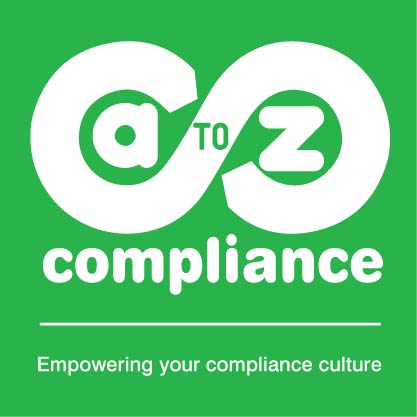Key Take Away:
Overcoming the challenge by maintaining the quality management software to retain your accreditation status by ensuring staff adherence and ongoing compliance to minimize corrective actions arising from accreditation audits.
Overview:
Developing a Quality Management System (QMS) as a prerequisite for getting accredited is relatively easy. Maintaining the quality management software to retain your accreditation status is the real challenge and a measure of the robustness of your System.
Why Should You Attend:
Many laboratories struggle with developing and implementing functional quality management software that not only complies with the management and technical requirements of ISO/IEC 17025:2005 but also meets their needs. Once accreditation has been achieved many laboratories have difficulty maintaining the QMS as evidenced by the number of non-conformances cited during the subsequent biannual audits. Why do you want to become accredited? Where do you start? For laboratories that are already accredited, how do you ensure staff adherence and ongoing compliance to minimize corrective actions arising from accreditation audits? Getting there is relatively easy. Staying there is the hard part.
Areas Covered In This Webinar:
Defining a Quality Management System (QMS)
Management Components of a QMS
Technical Components of a QMS
Method Selection, Validation and Verification
What is competency management?
Ensuring analyst competency
Learning Objectives:
Why do you want to become accredited?
Where do you start?
For laboratories that are already accredited, how do you ensure staff adherence and ongoing compliance to minimize corrective actions arising from accreditation audits?
Who Will Benefit:
Laboratory Managers
QA Managers
QC Analysts
Analytical support staff
Laboratory quality development
Speakers Profile:
Michael Brodsky Michael has been an Environmental Microbiologist for more than 42 years. He is a Past President of the Ontario Food Protection Association (OFPA), the International Association for Food Protection (IAFP) and AOAC International. He serves as Chair for the AOAC Expert Review Committee for Microbiology, as a scientific reviewer in Microbiology for the AOAC OMA and the AOAC Research Institute, as a reviewer for Standard Method for the Examination of Water and Wastewater and as a chapter editor on QA for the Compendium of Methods in Microbiology. He is also a lead auditor/assessor in microbiology for the Canadian Association for Laboratory Accreditation (CALA) and is Vice-chair of the CALA Board of Directors.
Overcoming the challenge by maintaining the quality management software to retain your accreditation status by ensuring staff adherence and ongoing compliance to minimize corrective actions arising from accreditation audits.
Overview:
Developing a Quality Management System (QMS) as a prerequisite for getting accredited is relatively easy. Maintaining the quality management software to retain your accreditation status is the real challenge and a measure of the robustness of your System.
Why Should You Attend:
Many laboratories struggle with developing and implementing functional quality management software that not only complies with the management and technical requirements of ISO/IEC 17025:2005 but also meets their needs. Once accreditation has been achieved many laboratories have difficulty maintaining the QMS as evidenced by the number of non-conformances cited during the subsequent biannual audits. Why do you want to become accredited? Where do you start? For laboratories that are already accredited, how do you ensure staff adherence and ongoing compliance to minimize corrective actions arising from accreditation audits? Getting there is relatively easy. Staying there is the hard part.
Areas Covered In This Webinar:
Defining a Quality Management System (QMS)
Management Components of a QMS
Technical Components of a QMS
Method Selection, Validation and Verification
What is competency management?
Ensuring analyst competency
Learning Objectives:
Why do you want to become accredited?
Where do you start?
For laboratories that are already accredited, how do you ensure staff adherence and ongoing compliance to minimize corrective actions arising from accreditation audits?
Who Will Benefit:
Laboratory Managers
QA Managers
QC Analysts
Analytical support staff
Laboratory quality development
Speakers Profile:
Michael Brodsky Michael has been an Environmental Microbiologist for more than 42 years. He is a Past President of the Ontario Food Protection Association (OFPA), the International Association for Food Protection (IAFP) and AOAC International. He serves as Chair for the AOAC Expert Review Committee for Microbiology, as a scientific reviewer in Microbiology for the AOAC OMA and the AOAC Research Institute, as a reviewer for Standard Method for the Examination of Water and Wastewater and as a chapter editor on QA for the Compendium of Methods in Microbiology. He is also a lead auditor/assessor in microbiology for the Canadian Association for Laboratory Accreditation (CALA) and is Vice-chair of the CALA Board of Directors.










